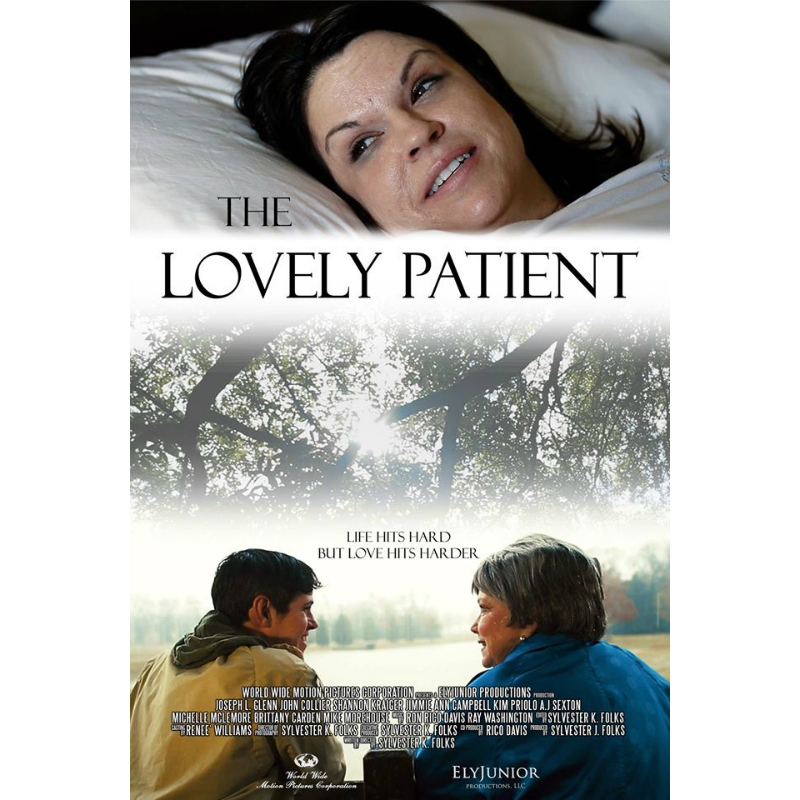The World Wide team was pleased to be in attendance at the 71st DGA awards held at the Ray Dolby Ballroom in Hollywood this past Sunday (Feb 3rd). Despite the rainy weather which soaked the red carpet, the stars were in attendance to show their support for the nominated directors. There was another win for Alfonso Cuaron, director of ROMA which is a good thing for Foreign Language Films like the upcoming release of WWMPC’s THE ROAD TO MOTHER!
As the ceremony commenced, it was clear that this year’s DGA Awards were especially friendly to independent-leaning films like Alfonso Cuaron's ROMA, Peter Farrelly’s GREEN BOOK, and Bo Burnham’s EIGHTH GRADE. With recognition going to veterans like Spike Lee for BLACKKKLANSMAN and new directors like Bradley Cooper for A STAR IS BORN, the nominations for a wide variety of feature film and television projects appear to be becoming more diverse in both genre and story.
Diversity was a major theme of this year’s awards for both in front of and behind the camera, and was well-served with the wide variety of artists and filmmakers both new and old in attendance.
A few of the evenings highlights were:
Further recognition was afforded the UPM department (Unit Production Manager) for Kathleen McGill as well as the Directing teams including 1st and 2nd AD’s (Assistant Director) like Michael “Shelley” Ziegler (A STAR IS BORN) and Matt Rebenkoff (VICE).
All of the feature film directors were recognized, most being introduced by the stars of their films like John David Washington, Laura Harrier and Topher Grace for BLACKKKLANSMAN, Yalitza Aparicio and Marina de Tavira for ROMA, Christian Bale for VICE, as well as a touching introduction from Viggo Mortensen, Mahershala Ali and Linda Cardellini for GREEN BOOK director Peter Farrelly.
Jordan Peele humorously delighted the crowd as he presented the award for First-Time Feature Film Director which went to 24-year-old Bo Burnham for the film EIGHTH GRADE. In his speech Burnham claimed that he didn’t see this as “a room of his peers, but rather a room full of people he admired”
.
Also spotlighted at this year’s awards were documentaries like THREE IDENTICAL STRANGERS, directed by Tim Wardle.
We hope the momentum for recognizing foreign language films continues into the 91st Academy Awards later this month and beyond.








